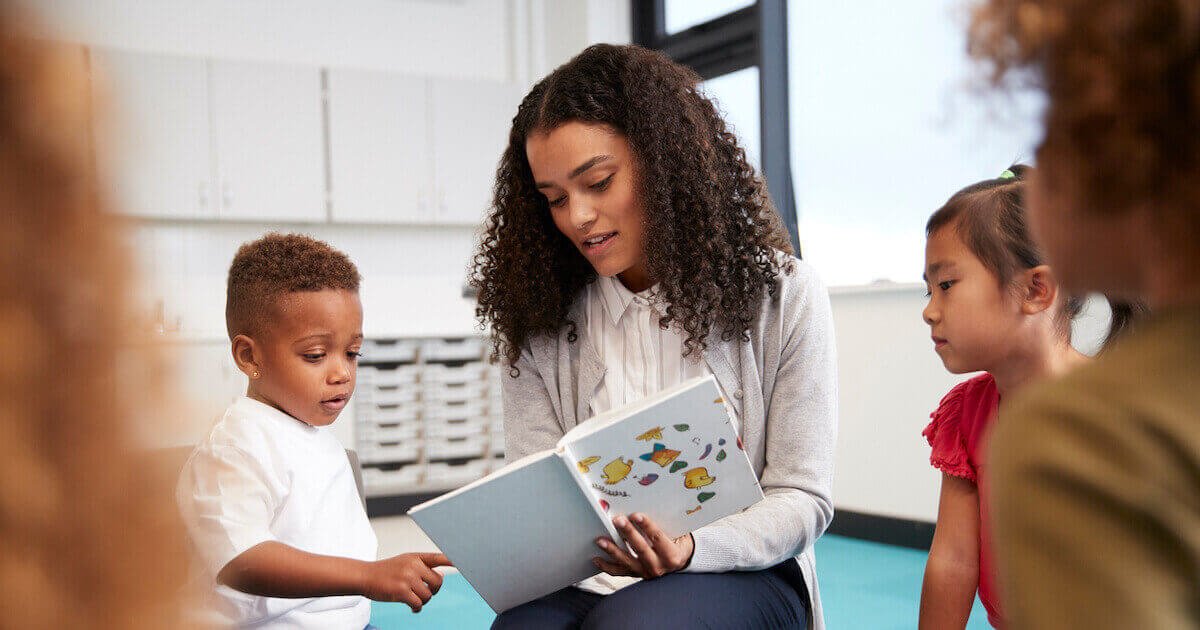Education is not just about imparting knowledge; it’s about equipping students with the skills they need to navigate the challenges of adulthood. Teaching students to think like grown-ups is a crucial aspect of this preparation. In this blog post, we’ll explore the importance of cultivating critical thinking, problem-solving skills, and emotional intelligence in students. By instilling these adult thinking skills, educators contribute to the development of well-rounded individuals ready to thrive in the complexities of the adult world.

1. Cultivating Critical Thinking Skills
a. Definition of Critical Thinking
- Critical Thinking: The ability to analyze, evaluate, and synthesize information to make reasoned judgments and decisions.
b. Importance of Critical Thinking
- Enhanced Decision-Making: Critical thinkers are adept at making informed decisions, considering multiple perspectives and potential outcomes.
- Problem-Solving: Critical thinking is fundamental to effective problem-solving, enabling individuals to approach challenges with analytical reasoning.
c. Incorporating Critical Thinking in Education
- Questioning Assumptions: Encourage students to question assumptions and seek evidence to support their viewpoints.
- Analyzing Information: Teach students to critically analyze information, discerning between credible and unreliable sources.
d. Real-World Applications
- Professional Success: Critical thinking is a key skill sought by employers, contributing to professional success and adaptability in the workplace.
- Informed Citizenship: Critical thinkers are better equipped to engage in informed civic participation, contributing to a well-functioning society.
2. Developing Problem-Solving Abilities
a. Definition of Problem-Solving
- Problem-Solving: The process of finding solutions to challenges or overcoming obstacles.
b. Importance of Problem-Solving Skills
- Adaptability: Problem-solving skills enable individuals to adapt to changing circumstances and overcome unforeseen challenges.
- Innovation: Effective problem-solvers contribute to innovation by approaching issues with creativity and ingenuity.
c. Integrating Problem-Solving into Education
- Real-World Scenarios: Incorporate real-world problem-solving scenarios into the curriculum, allowing students to apply theoretical knowledge.
- Collaborative Problem-Solving: Promote collaborative problem-solving activities, fostering teamwork and shared decision-making.
d. Real-World Applications
- Entrepreneurship: Entrepreneurs often excel in problem-solving, identifying market needs and developing innovative solutions.
- Global Challenges: Tackling global challenges, from climate change to social inequality, requires individuals with strong problem-solving abilities.
3. Fostering Emotional Intelligence
a. Definition of Emotional Intelligence
- Emotional Intelligence: The ability to recognize, understand, manage, and effectively use one’s own emotions, as well as empathize with others.
b. Importance of Emotional Intelligence
- Interpersonal Relationships: Emotional intelligence contributes to healthy interpersonal relationships by fostering empathy, communication, and conflict resolution.
- Personal Well-Being: Individuals with high emotional intelligence tend to experience better mental health and cope more effectively with stress.
c. Incorporating Emotional Intelligence in Education
- Social-Emotional Learning (SEL): Implement SEL programs that focus on developing emotional intelligence through activities and discussions.
- Cultivating Empathy: Create a classroom environment that emphasizes empathy, encouraging students to understand and appreciate each other’s emotions.
d. Real-World Applications
- Leadership: Successful leaders often possess high emotional intelligence, enabling them to understand and motivate their teams.
- Effective Communication: Emotional intelligence contributes to effective communication, a crucial skill in personal and professional interactions.
4. Preparing Students for Adulthood
a. Lifelong Learning Mindset
- Continuous Learning: Instill a mindset of continuous learning, emphasizing that education extends beyond the classroom and throughout life.
- Adaptability: Equip students with the skills and resilience needed to adapt to evolving technologies and societal changes.
b. Financial Literacy
- Budgeting and Financial Planning: Introduce concepts of budgeting, financial planning, and responsible financial decision-making.
- Understanding Economic Systems: Provide insights into economic systems and the impact of personal and collective financial choices.
c. Critical Decision-Making
- Career Choices: Guide students in making informed decisions about their future careers, considering their interests, skills, and the evolving job market.
- Personal Choices: Teach students to approach personal choices, such as relationships and lifestyle, with critical thinking and long-term consequences in mind.
d. Global Citizenship
- Cultural Competency: Foster cultural competency, preparing students to engage with diverse perspectives and contribute to a globalized world.
- Environmental Awareness: Instill environmental consciousness, encouraging responsible stewardship of the planet.
5. Overcoming Challenges in Teaching Adult Thinking Skills
a. Resistance to Change
- Challenge: Some students and educators may resist a shift towards emphasizing adult thinking skills.
- Solution: Gradual integration, showcasing real-world applications, and demonstrating the practical benefits can help overcome resistance.
b. Limited Resources
- Challenge: Schools with limited resources may struggle to implement comprehensive programs focusing on adult thinking skills.
- Solution: Seek partnerships with community organizations, leverage online resources, and advocate for additional funding for educational initiatives.
c. Standardized Testing Pressure
- Challenge: The emphasis on standardized testing may overshadow the importance of holistic skill development.
- Solution: Advocate for a balanced approach that includes both standardized testing and the cultivation of critical thinking, problem-solving, and emotional intelligence.
6. Success Stories and Testimonials
a. Career Success
- Success: Share stories of individuals who attribute their career success to the development of critical thinking, problem-solving, and emotional intelligence during their education.
b. Positive Life Outcomes
- Success: Highlight testimonials from individuals who credit their positive life outcomes and well-being to the adult thinking skills they acquired in their educational journey.
Conclusion
In conclusion, teaching students to think like grown-ups is an investment in their future success and well-being. By prioritizing critical thinking, problem-solving skills, and emotional intelligence, educators contribute to the development of individuals who can navigate the complexities of adulthood with confidence and resilience. As we shape the next generation, let’s empower students not just with knowledge, but with the skills needed to thrive in an ever-evolving world.
